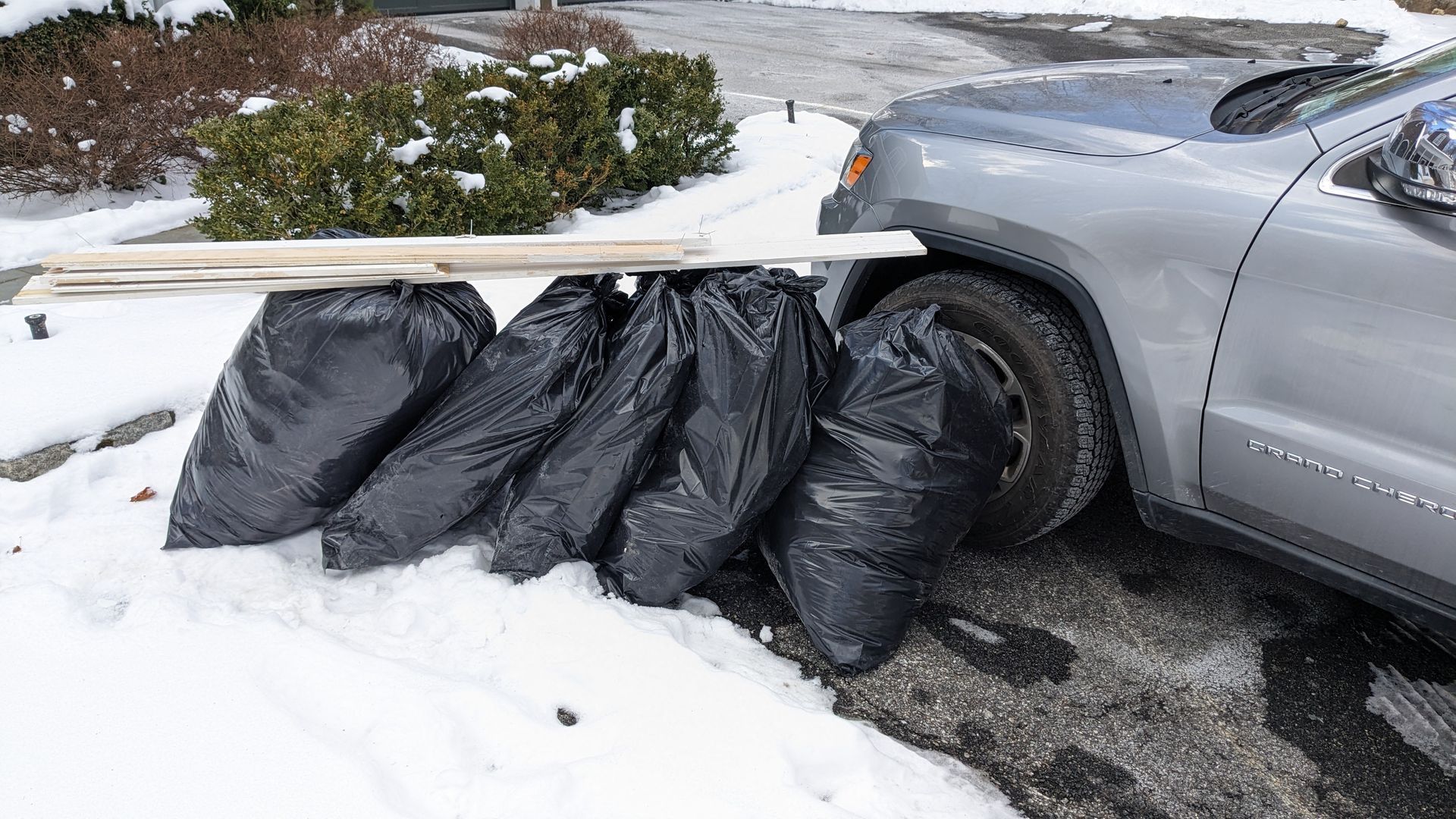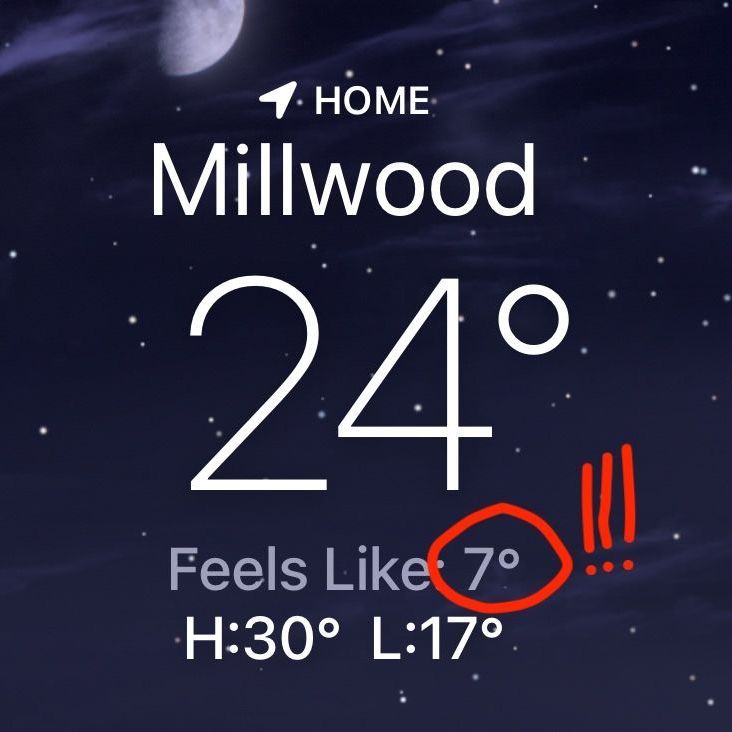Demystifying HVAC: Expert Insights With Jack Courson
So much more than just heating and cooling...
Expert Interview Series: Home Systems & Seasonal Readiness
Welcome back to the Rafter Expert Interview Series, where we speak with professionals across all areas of homeownership to share practical knowledge and actionable advice. This time, we sat down with Jack Courson, a project manager at Canon Mechanical and an experienced HVAC technician, to talk about what homeowners can do to prepare their heating and cooling systems for the seasonal shift—and beyond.
With warm weather on the horizon and many homes switching off heating systems and ramping up air conditioning, we wanted to get Jack's perspective on the best ways to ensure HVAC systems stay efficient, reliable, and long-lasting.
Key Takeaways from Jack Courson
- Change Your Air Filter—Seriously: This simple task impacts both system efficiency and indoor air quality. Jack recommends checking filters regularly and changing them at least seasonally.
- Check Coils Inside and Out: Homeowners should inspect both indoor coils and outdoor condensers for dust, debris, and blockages. Use a flashlight and hose—or opt for professional help.
- Know Your Service Contract: Not all HVAC service plans are equal. Be sure they include coil cleaning, filter replacement, and capacitor testing.
- Expect Proactive Customer Service: If your HVAC company isn’t reminding you about routine maintenance or won’t return calls—run.
- Think Air Quality: Beyond filters, small HEPA units or portable purifiers can help, especially for families with young kids.
- Heat Pumps Do Work Here: Modern heat pumps are highly efficient—even in cold climates like Westchester. Don’t believe the myths.
- Smart Thermostats + Sealing Drafts = Big Wins: Combining efficient HVAC with weatherproofing and smart controls saves money and improves comfort.
Interview Highlights
Anil Nathan: Jack, thanks for joining us. Can you tell us a bit about your background in HVAC?
Jack Courson: Sure. I started in residential HVAC and went to school to get my universal CFC license. I later transitioned into commercial work, managing larger chiller systems and fit-outs. Even though the systems are bigger in commercial settings, the principles are the same—it’s all about heating and cooling spaces efficiently.
Marcus Cohn: For those less familiar, what are the main components of a residential HVAC system?
Jack Courson: Typically, you’ll see an air handler inside the home and an outdoor condenser. Some homes have mini splits, steam radiators, or boilers with hot water coils. The configuration depends on the age of the home, but it all boils down to the same goal—heating or cooling your space.
Anil Nathan: With the change of seasons, what should homeowners do as they transition from heating to cooling?
Jack Courson: First, change your air filter. It’s simple but often overlooked. A clogged filter puts extra pressure on your system, which leads to component failure and poor air quality. While you’re at it, peek inside the air handler to check the coil. If it’s dirty, it might be time for a cleaning.
Marcus Cohn: What about outdoor condensers?
Jack Courson: Definitely clean those too. Leaves and debris can build up around the unit, especially if it wasn’t covered during the winter. A garden hose and some green coil cleaner can go a long way. Just be sure to spray from the inside out.
Marcus Cohn: For homeowners with service contracts, what should they expect from their provider?
Jack Courson: At a minimum—filter changes, coil cleanings, and capacitor checks. Those are basics. Your technician should also check refrigerant levels with proper gauges and bleed the lines correctly to prevent oxygen from entering the system. If these aren’t in your plan, or your tech isn’t doing them, that’s a red flag.
Marcus Cohn: And what makes a good HVAC service company?
Jack Courson: Responsiveness. If your HVAC company doesn’t answer calls or proactively schedule visits, it’s time to move on. Great customer service should come standard.
Anil Nathan: Let’s talk air quality. Any advice for homeowners with young kids or concerns about what’s in the air?
Jack Courson: If you change your filters regularly, your air quality is probably fine. But if you notice excess dust or musty smells, it might be time to look at duct cleaning or add a portable HEPA filter. Also, peek inside your floor registers—if there’s a lot of buildup, it might mean the ducts need a deeper clean.
Marcus Cohn: Switching gears—what about energy efficiency? Heat pumps are getting popular. Are they a good option here in Westchester?
Jack Courson: Absolutely. Modern heat pumps, especially inverter-based systems like Mitsubishi’s, work well in cold climates. They’re energy-efficient and eligible for rebates through NYSERDA and other programs. Geothermal is even better if you have the space and budget.
Marcus Cohn: What else can homeowners do to improve efficiency?
Jack Courson: Smart thermostats are a no-brainer—they learn your schedule and adjust automatically. Also, check your windows and doors. Drafts are a huge source of energy loss. Weather stripping and caulking can make a big difference.
Anil Nathan: Last question—aside from changing filters, what’s one thing every homeowner should do or know about their HVAC system?
Jack Courson: If you’re going to work on it yourself, be safe. HVAC systems involve high voltage. Always shut power off, tag it, and do your research. If you don’t know, ask a pro. There’s tons of good info online, but safety has to come first.
Anil Nathan: Thanks so much, Jack. This was incredibly helpful.
Jack Courson: Thanks for having me!







